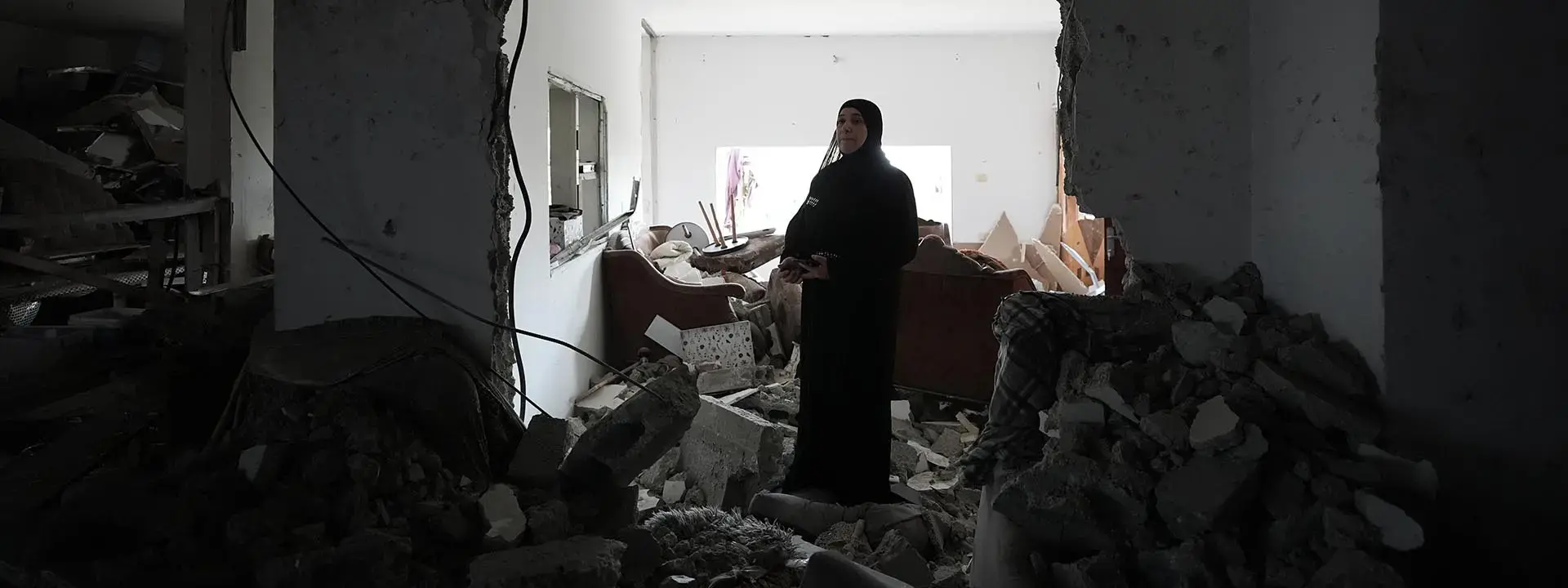During conflicts, natural disasters and other emergencies, sexual and reproductive health needs are easily overlooked as the attention is likely to be focused on directly affected people, wounded and displaced “IDPs”. In crisis situations, one in five women of childbearing age is likely to be pregnant. Without access to reproductive health services, these women face an increased risk of life-threatening complications. Many women also lose access to family planning, exposing them to unwanted pregnancies in perilous conditions. Women and young people also become more vulnerable to sexual violence, exploitation and increased risk of infections due to poor conditions and lack of appropriate hygiene measures of women and girls.
UNFPA works closely with governments, UN agencies, community-based organizations and other partners to ensure that reproductive health is integrated into emergency responses. UNFPA deploys hygiene supplies, obstetric and family planning supplies, trained personnel, and other support to vulnerable populations, and works to ensure the needs of women and young people are served through both an emergency and early recovery phases. UNFPA’s emergency response includes supplies for essential reproductive health equipment, medications & disposables, safe delivery kits, capacity building to health providers on Minimal initial service package “MISP” and safe delivery to increase access of pregnant women to safe birth and reduce maternal mortality and morbidity. Responses are tailored to the circumstances of each crisis ; following 2014 war on Gaza, UNFPA supported mobile clinics offering RH care to women and girls in shelters and marginalized communities, distributed dignity and postnatal kits for women and girls and conducted three assessment on the impact of the war on reproductive health “RH” status, gender based violence “GBV” and Youth.



